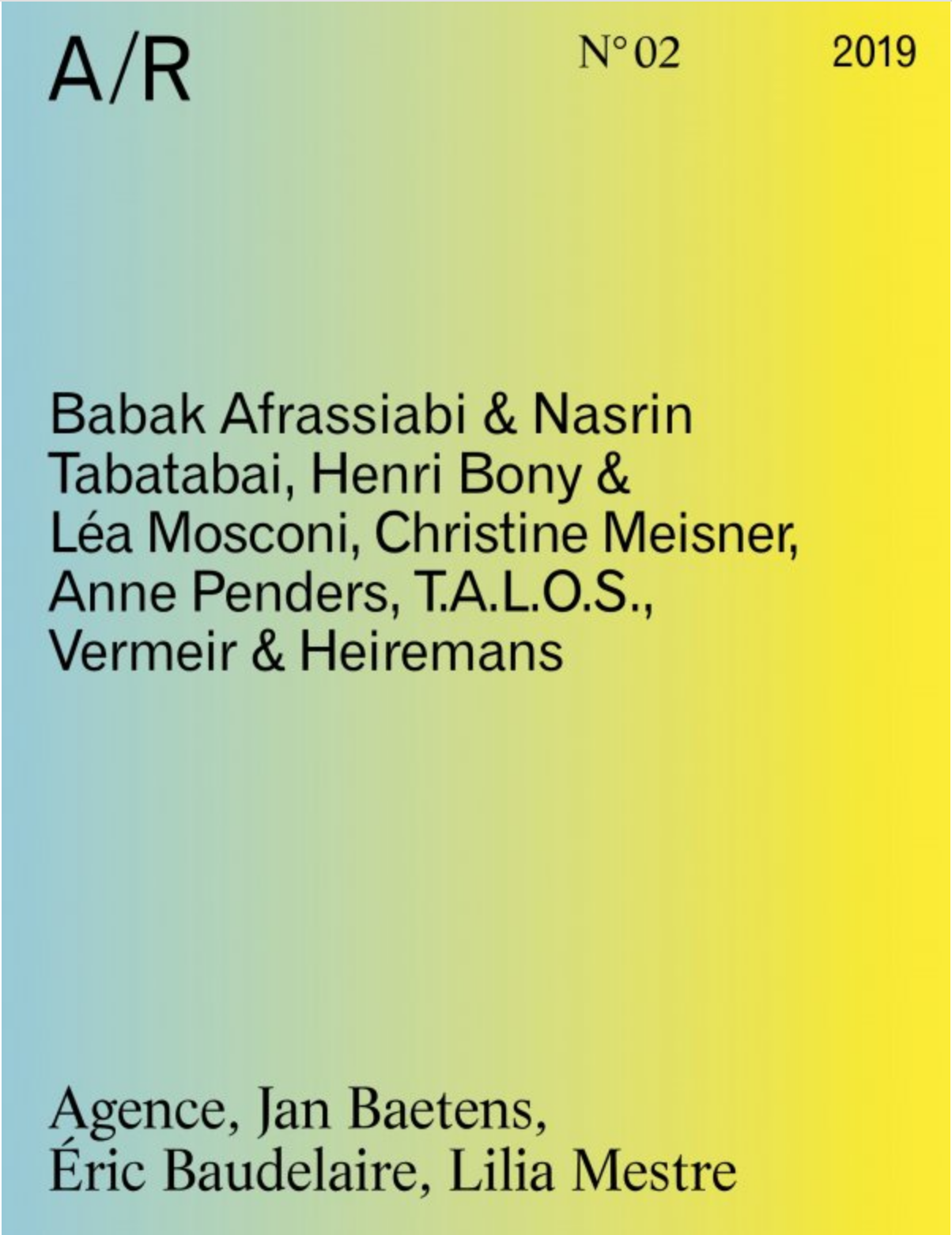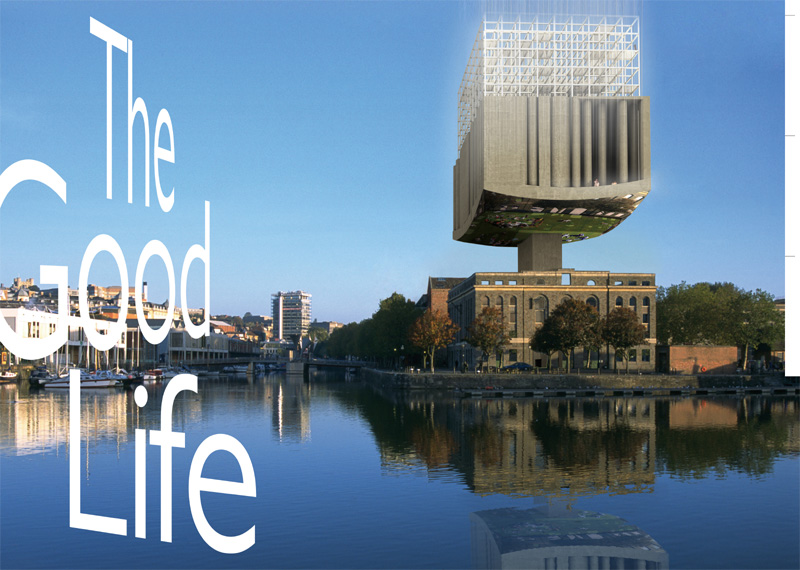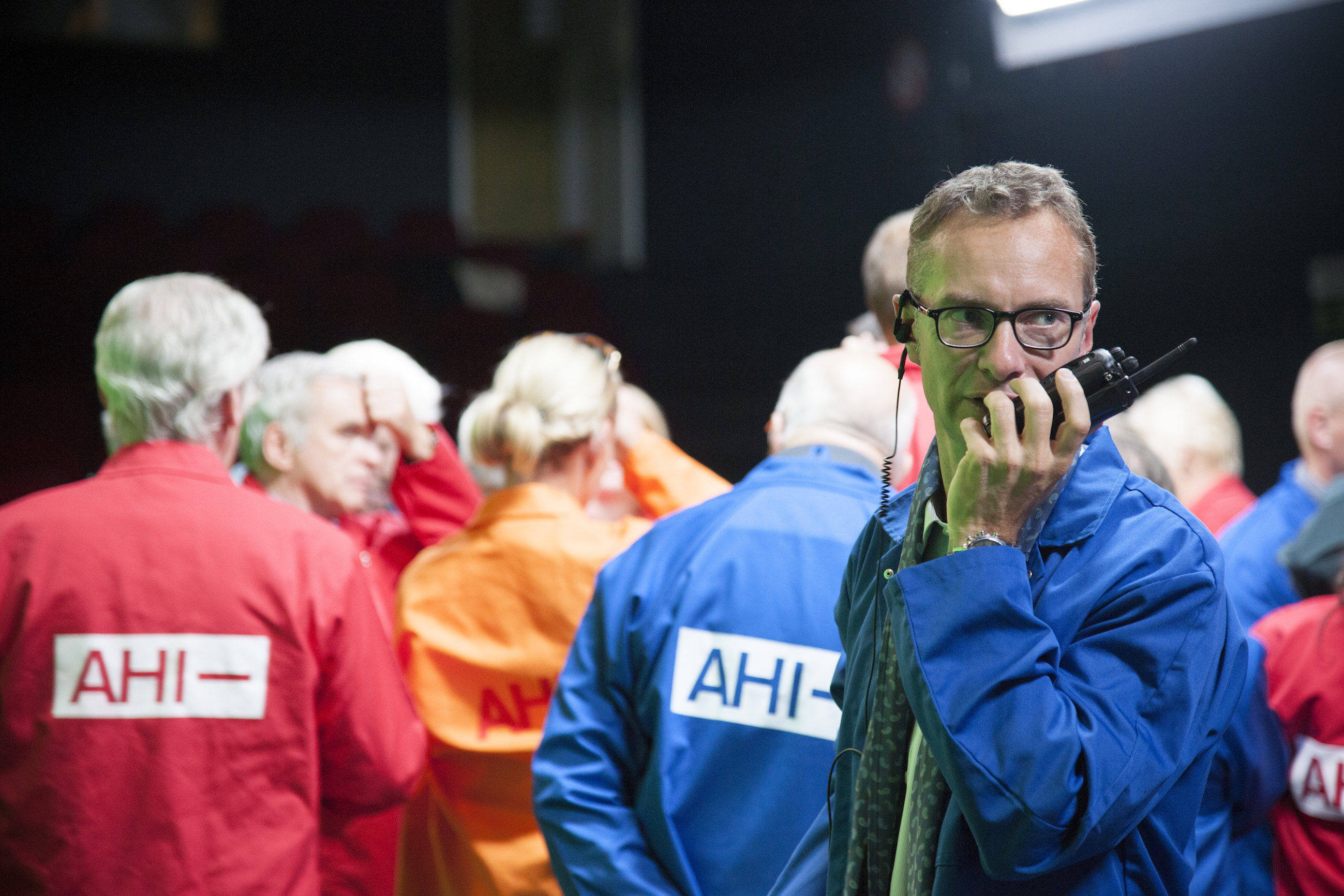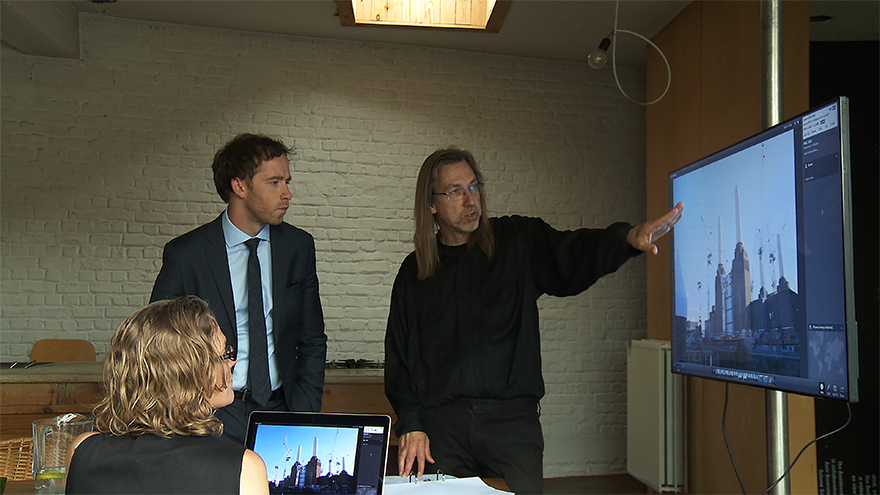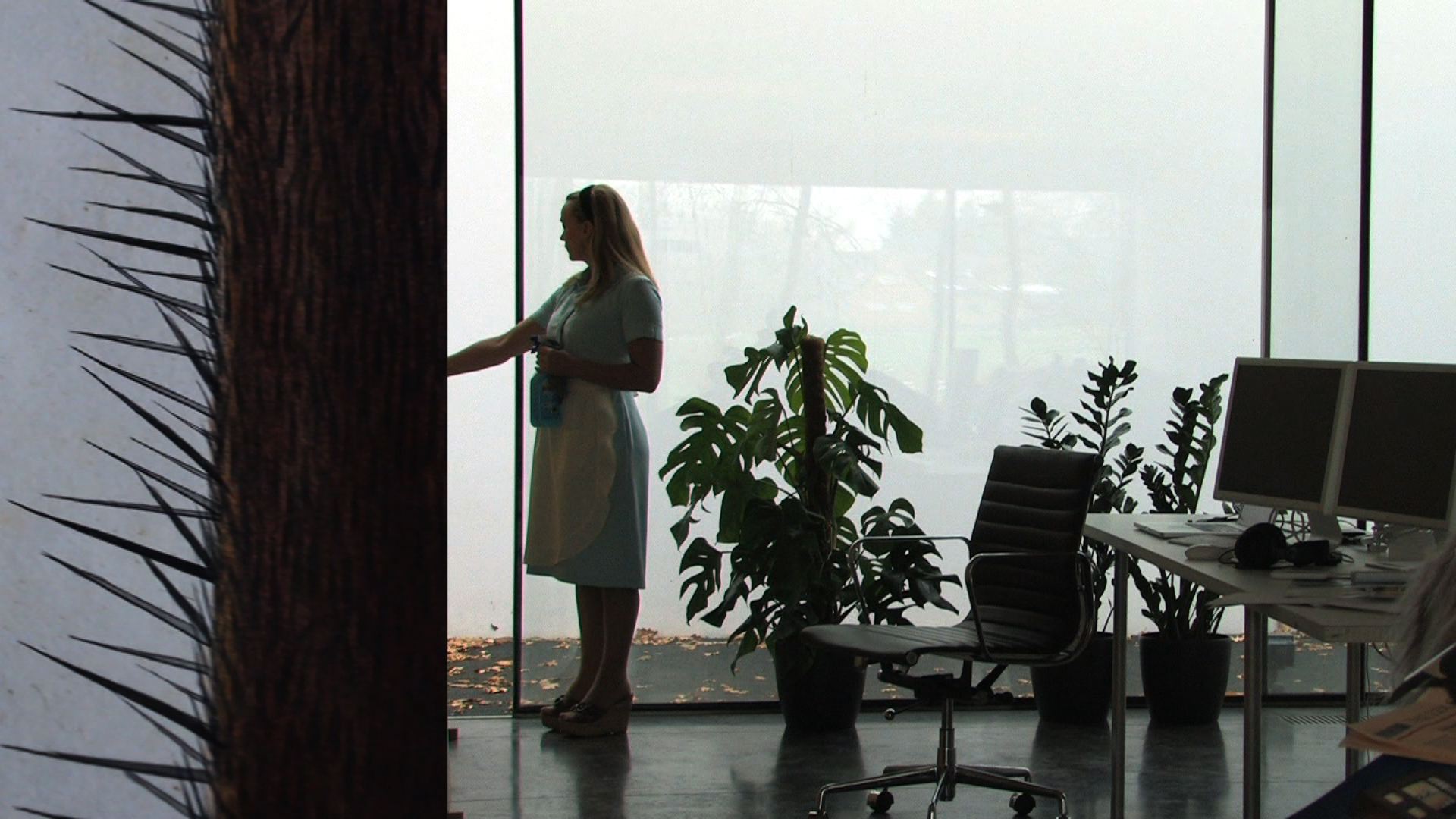Date: Tue, 19 Jun 2007 10:22:02 GMT
Server: Apache/2.0.54 (Debian GNU/Linux) PHP/4.3.10-18
Content-Length: 1742
Connection: Keep-Alive
200 OK
The Financial Gaze at Intersections of Finance and Society
Panel THE FINANCIAL GAZE programme:
-Film screening Masquerade by Vermeir and Heiremans
-'The impersonal is political: Abstract subjectivity in political economy' by Steyn Bergs (VU Amsterdam)
-'Financial vision and the disinterested gaze of power' by Emily Rosamond (Goldsmiths)
The panel will address how the financial interests themselves "see" the world, and through seeing it modulate it.
The panel will elaborate on Thomas Bridges' The Adventures of a Bank-Note (1770-1771) and Herman Melville's The Confidence Man, His Masquerade (1857), two superb literary examples of a financialised perception of the world.
Art critic and historian Steyn Bergs will open up a line of inquiry taking as its starting point the stereotypical, impersonal qualities of the characters that populate Melville’s novel. An analogy can be drawn between these characters coinciding completely with their roles in (obscure) economic transactions and Marx’ insistence that "the capitalist", for him, was not a person per se, but a mere bearer [Träger] of economic processes, Steyn Bergs will show how this conception of concrete subjects as bearers of abstract processes then informed Brechtian aesthetics, which perform a détournement on the capitalist subsumption and abstraction of subjectivities, employing it to articulate a systemic critique of the socio-economic relations of the capitalist mode of production. A number of case studies from contemporary artistic practice will be discussed to demonstrate the present-day relevance and critical potential of this Brechtian legacy.
Emily Rosamond will explore in her presentation the financialised "vision" of surveillance capital as an expression of power. Starting from the 18thC novel by Thomas Bridges' The Adventures of a Bank Note (a popular tale which features a banknote as a sentient character) she shows how narratives of financial vision relate to financial power, how is it possible to strike a balance between understanding the technical specificities of its non-human "vision" and to draw attention to the ways in which such technical specificities are put in service of a new entrepreneurial class, which can bend the "impersonal" qualities of this vision at will.
The film Masquerade (2015), by Vermeir & Heiremans, not only borrows its title and structure from Melville's novel The Confidence Man, His Masquerade, it is basically also, like Melville's, a narrative about confidence, both in form and content. The film is set up as a factual-fiction TV reportage. A TV reporter is telling the story of the "initial public offering" (IPO) of Art House Index, which proposes the transformation of Vermeir & Heiremans' home into a financial instrument. It is a financial tool that measures the value of the artists' house, which in their practice they define as an artwork, using parameters like the global real estate market, confidence in the art markets and the attention the artists' brand "Vermeir & Heiremans" generates.
Intersections of finance and society
A cutting-edge conference on contemporary money and finance
City, University of London, 2-3 November 2017
Organised by Martijn Konings and Amin Samman
In association with the journal Finance and Society, the Social Studies of Finance Research Network at the University of Sydney, and the City Political Economy Research Centre (CITYPERC) at City, University of London.

